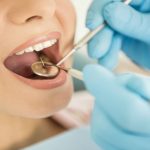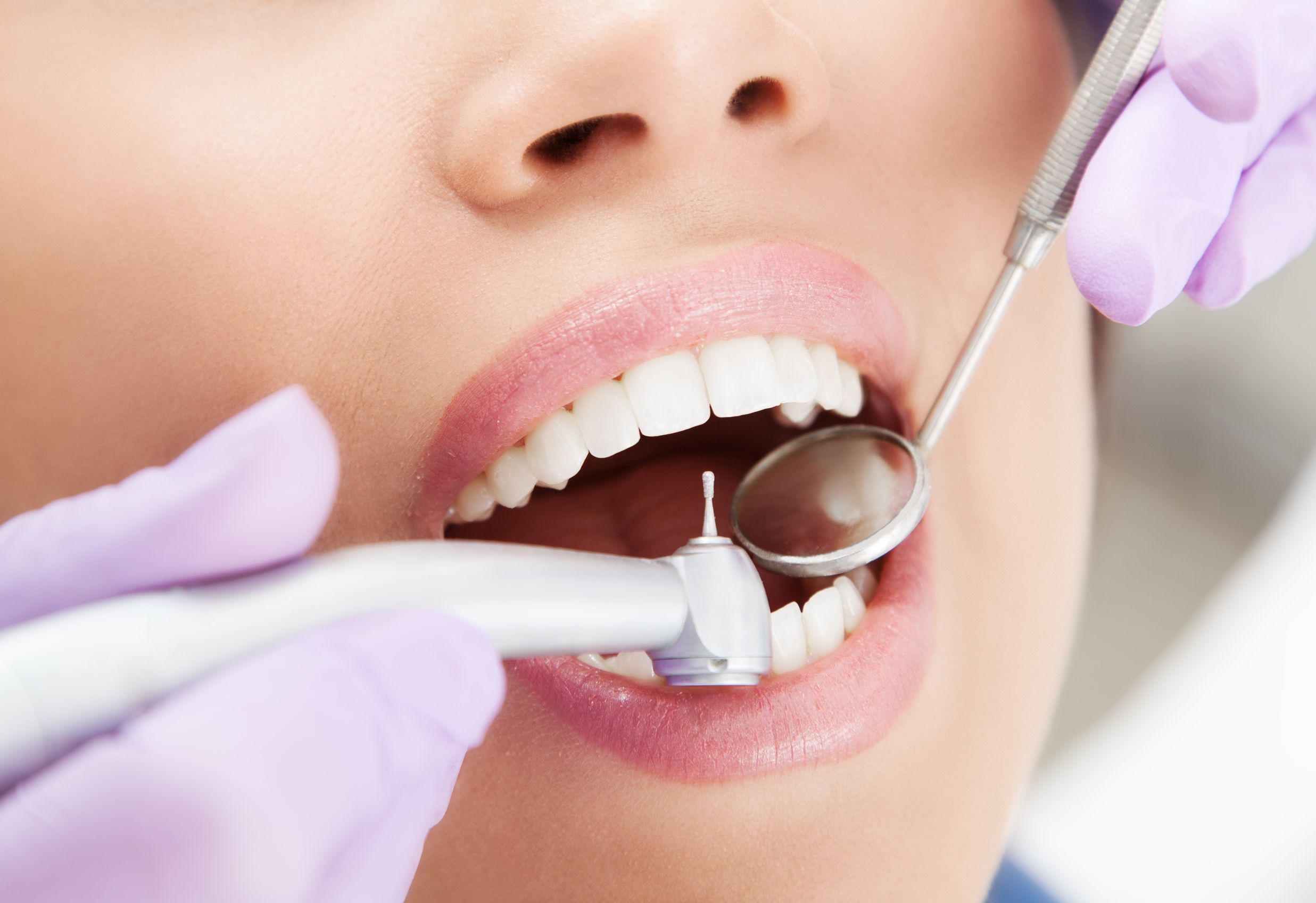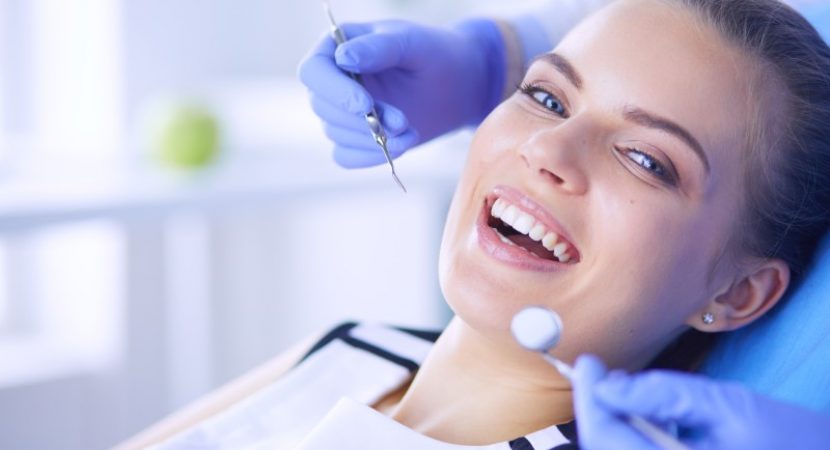TMJ in Melbourne is a dysfunction of the temporomandibular joint, ligaments, mastication muscles, jaw bones, teeth and tooth supporting structures. When a patient presents symptoms such as headache, ear pain and/or tingling, masticatory muscles pain and/or fatigue, joint noises (clicking or crepitus) and difficulty opening the mouth, TMJ is usually one of the first things dentists suspect. TMJ dysfunction is related to common habits such as clenching and bruxism (grinding of the teeth), biting foreign objects, nail biting, chewing gum, head posture (leaning forward), holding the phone with your chin or present factors related to stress, depression and anxiety.
These patients, due to their anatomical and functional complexity, includes an emotional commitment, and has somehow created a cycle of constant stress and emotional tension. This has caused the body to undergo muscle pain, stress and depression, and even chronic pain. In most cases, ear pain or headaches (perhaps the most common of all complaints) will tempt the patient to go see their local physician to undergo a medical assessment. Doctors may perform electroencephalography, computed tomography or magnetic resonance imaging to reach a proper diagnosis.
This disorder is found more frequently in women, with approximately nine women to one man having been diagnosed with it. Attempts are made to explain this high incidence, due to the fact women are exposed to emotional stress more so than men. Experts say that hormonal changes during the menstrual cycle and pregnancy has a lot to do with the causes, but experts believe that women are more likely to seek help. Regarding age, it can occur at any age but is most common from 30 to 40 years.
Dental occlusions play an important role as a predisposing factor, something of which alters the masticatory system, increasing the risk to develop TMJ in Melbourne. Parafunctional habits and malocclusion induce micro-traumas, thus allowing for degenerative changes. Your local dentist has the greatest responsibility for correcting this kind of oro-facial pain. Their experience and the constant search for improvements in the technical services provided, guided by ethics and professional responsibility, will make a huge difference in how you are treated. For more information visit .








